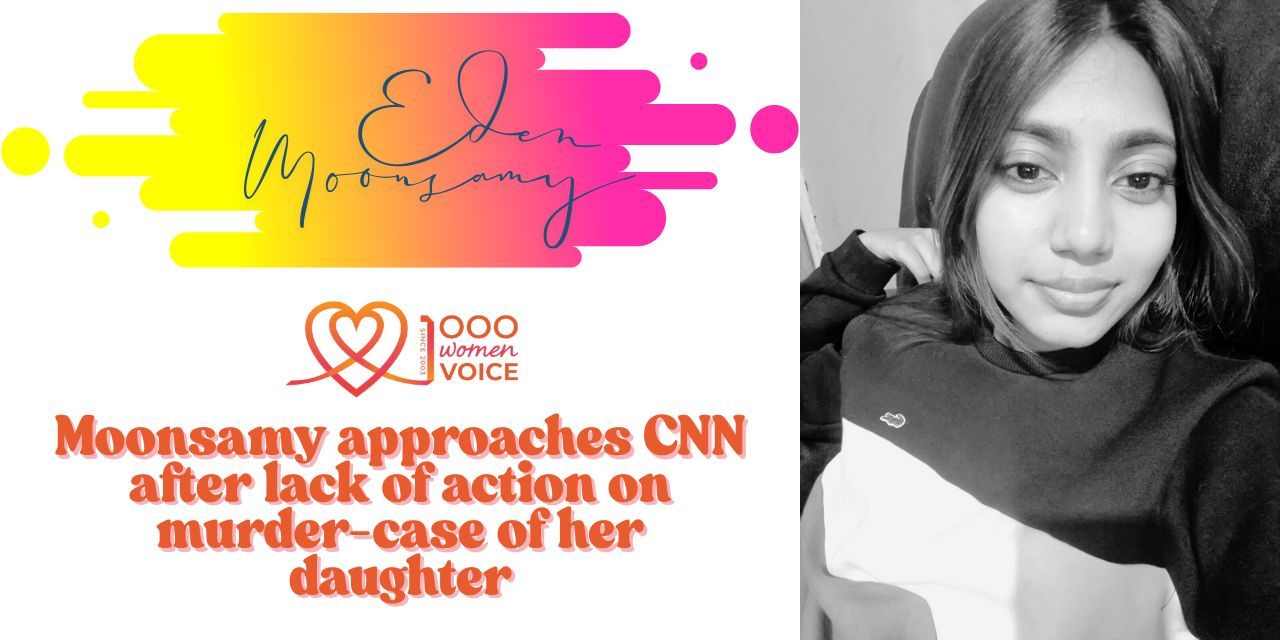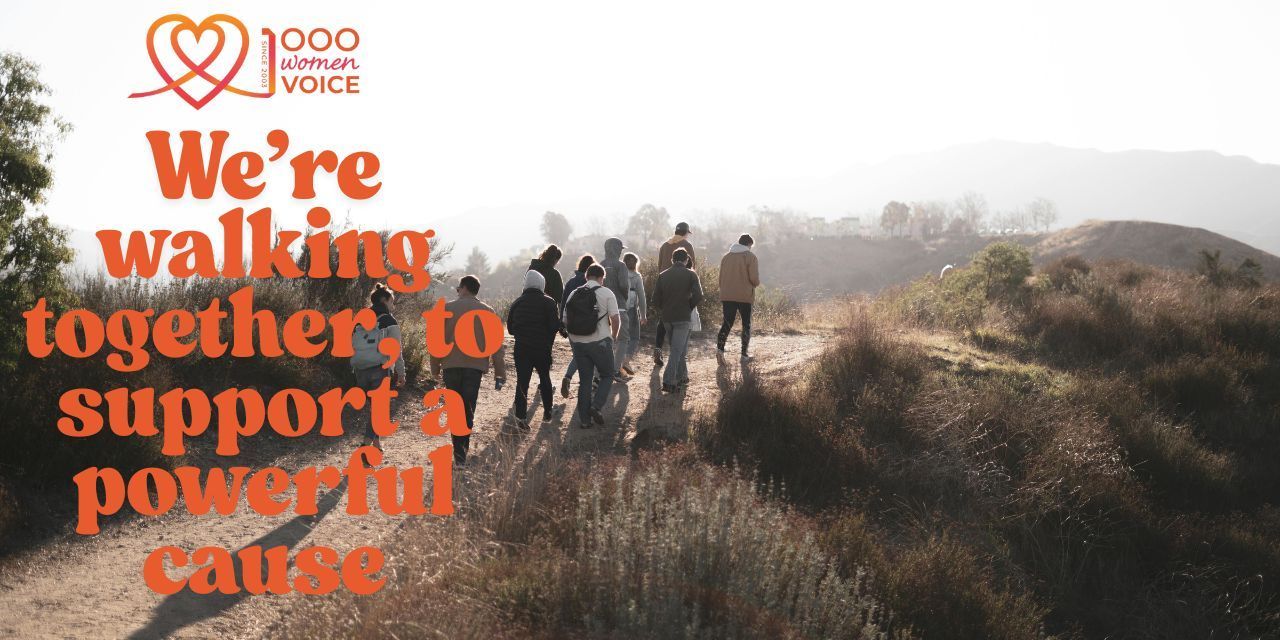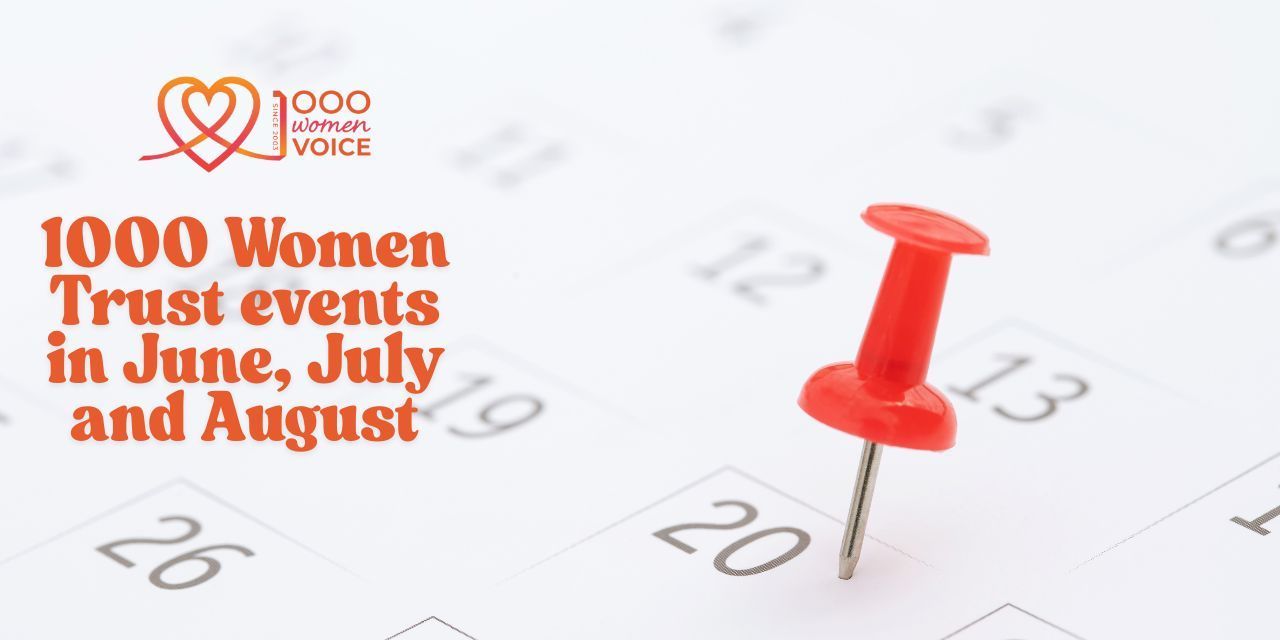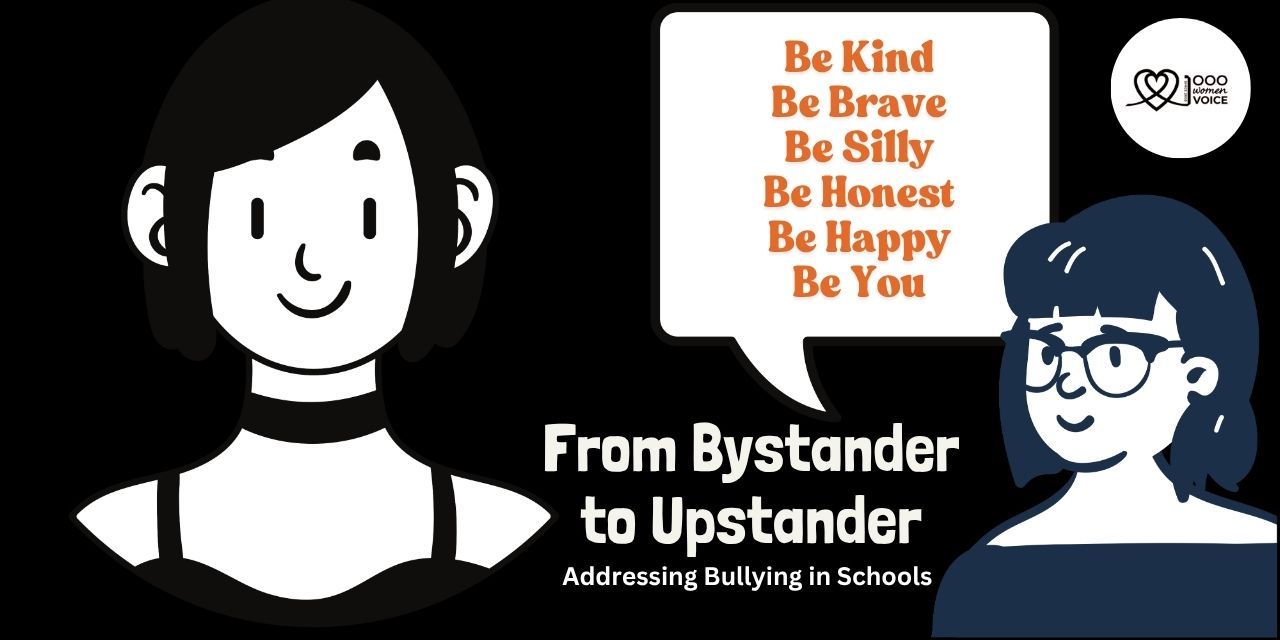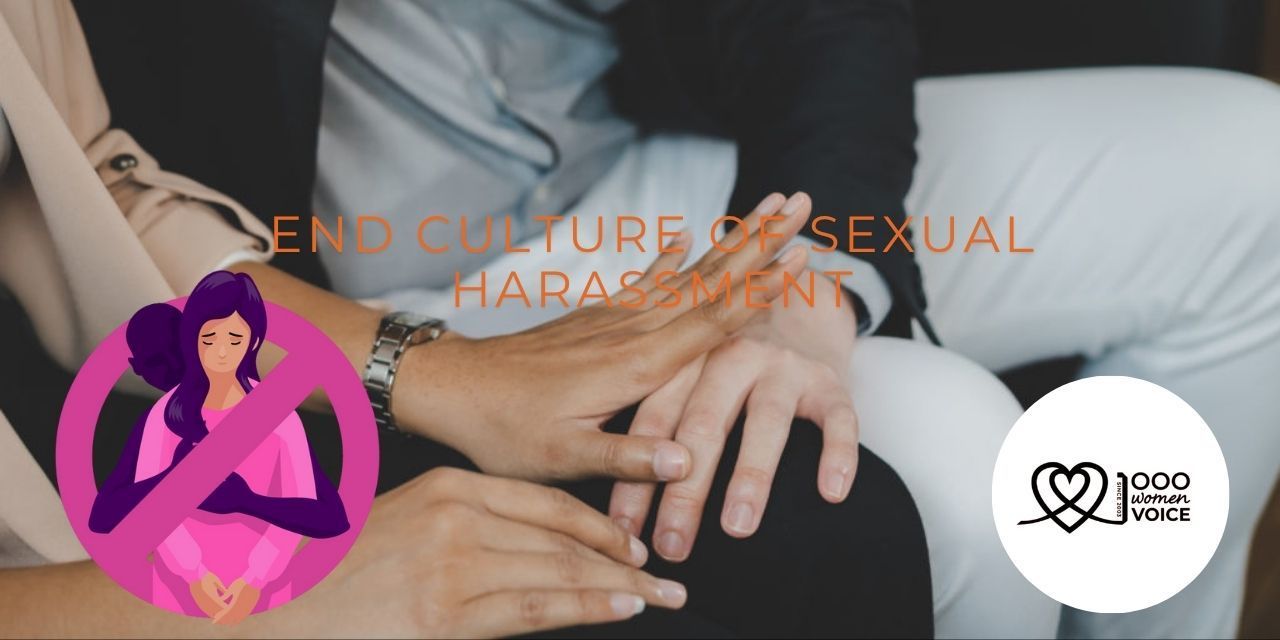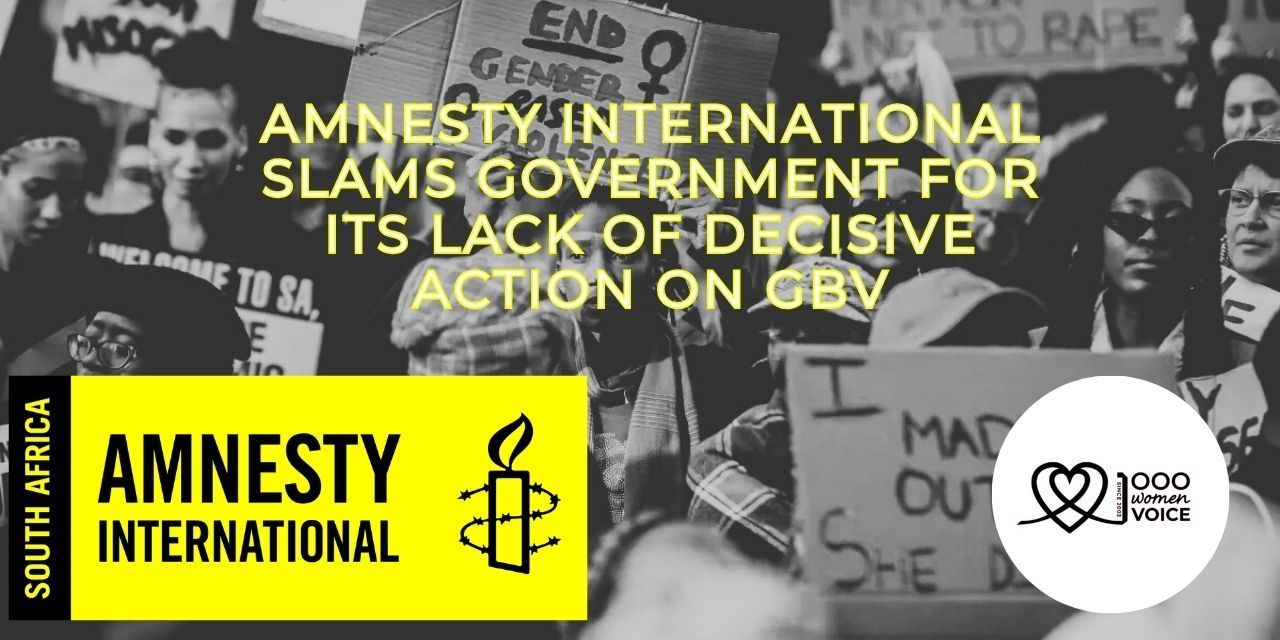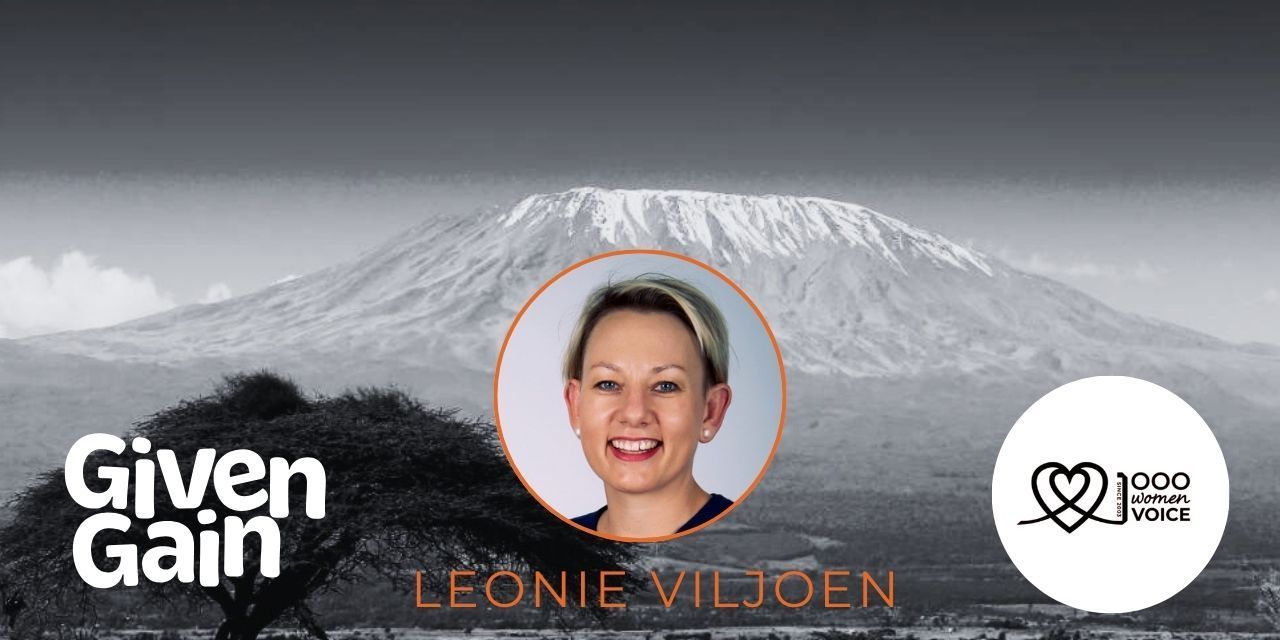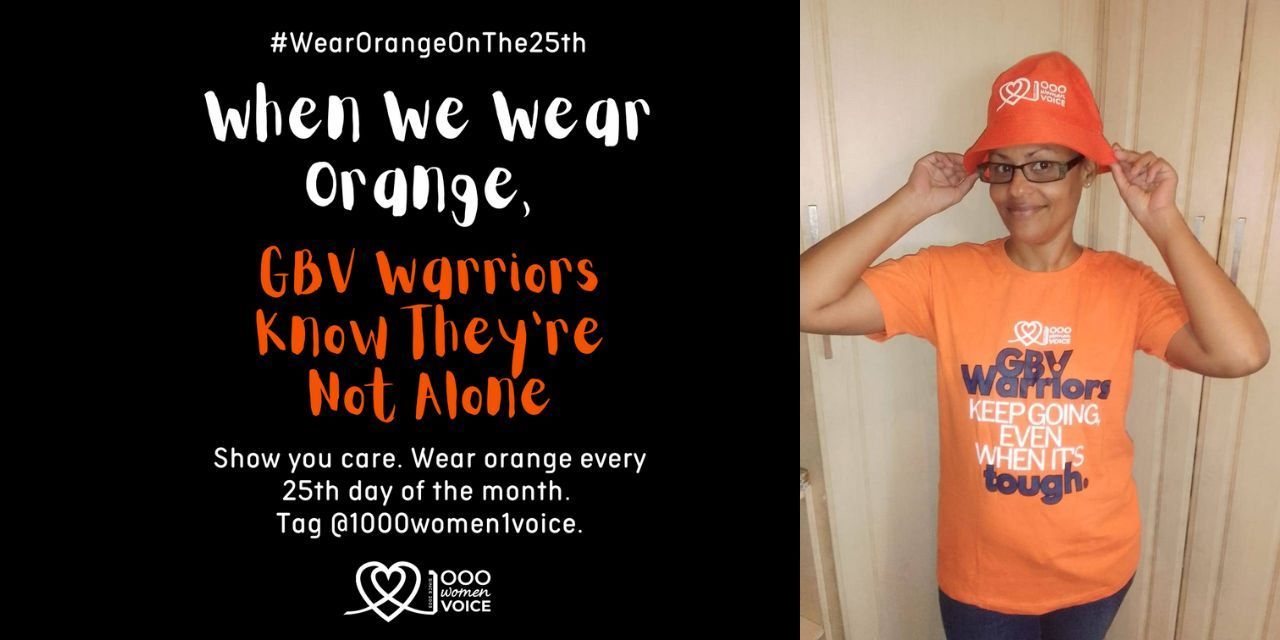Passion, resilience in the face of adversity keys to entrepreneurial success, says award-winning Ntombie
CAPE TOWN. – If businesswomen’s only concern is about profit margins, some might close their doors within the first five years when businesses go through tumultuous periods in which they occasionally spend more than they earn, warned Ntombekaya Nonxuba, affectionately known as Ntombie, owner of the award-winning Rise Uniforms in Philippi.
Nonxuba delivered a keynote-address at the third and last webinar of 1000 Women Trust, in collaboration with Pick ‘n Pay, called Economic Empowerment, on Wednesday 25 th August.
The webinars were part of the 1000 Women Restart-initiative, geared to give women who have lost their jobs during the COVID-19 lockdown the opportunity to restart their businesses, or to improve their skills to increase their employability.Rise Uniforms is a 100 % black female owned company located in the Philippi area and currently employs 46 people from the township. It manufactures and supplies superior quality uniforms, corporate wear and complementary garments nationally. The company supplies uniforms to well-known brands such as Pick ‘n Pay.
In 2020, the company received the award as top women-owned business in the Western Cape and was also the overall winner amongst entrepreneurships in the Western Cape.
“if your sole motivation was money, you might ditch your business within the first five years. When I started Rise Uniforms, I was spending more money than making money. I would advise entrepreneurs that if they start their business, they must first consider what they are passionate about,” Nonxuba told women attending the popular webinar.
“What do you want to achieve and what are you passionate about. Make answering those questions your sole objective, and the money will follow. That does not mean that you must not make a profit, but it should not be the prime driver of the business.”
Nonxuba said Rise Uniforms employ 46 women and the fact that those families are her responsibility gives her sleepless nights and make her ask important questions, like on which doors she must knock
One of the keys to excelling as a women entrepreneur, she said, was to be resilient. “More doors will be closed in your face than would swing open. Maybe there will be 50 closed doors and one open door.
“I don’t feel hurt about the closed doors. I say ok, what can I learn from that situation,” she said.
“And what do I need to do next time to win a contract. I don’t feel disappointed, because it is a learning curve. Adversity is an opportunity to grow.”
Nonxuba faced severe tests of her character and resilience, as the bank contacted her at one stage and wanted to take her car back while she was on her way to a big client, Pick ‘n Pay.
She attended the meeting with Pick ‘n Pay and put up a brave face.
After the meeting, she spoke with the representative of the bank, who told her he would come back for her car within a week, if she does not pay her loan back.
She said to him she did not know if she would have the money within the next week to repay the bank.
“I still have that car, though,” Ntombie told attendants at the webinar. She became an award-winning entrepreneur.
It is essential as an entrepreneur to be aware of Strengths, Weaknesses, Opportunities and Threats, and to do a SWOT-analysis on yourself, Nonxuba warned.
You must be honest about it and ask help when you and your business need it. That is why Pick ‘n Pay was not only a client, but also a business mentor who assisted her growth. Suzanne Ackerman-Berman was one of her mentors, said Nonxuba.
She emphasized the importance of being able to change direction when a crisis hits you. During the pandemic when she did not make uniforms initially, she manufactured cloth and surgical masks after finalizing a deal with a client who owned pharmacies in Limpopo.
Tina Thiart, founder member and trustee of 1000 Women Trust, hailed the success of the three webinars, part of the 1000 Women Restart-initiative to boost women’s economic empowerment.
She said after the first webinar where Anna Phosa, only black female commercial farmer in South Africa and an award-winning entrepreneur, spoke, many small farmers joined hands with her, and she embraced them.
Mems Ramaila, owner of a bee-keeping enterprise, Bee African, in Brits, spoke at the second webinar and she was also contacted by entrepreneurs who wanted to join her network.
She is hoping that women entrepreneurs might also want to contact Ntombie to join her platform, said Thiart.
A total of 156 women have already joined the 1000 Women Restart initiative’s whatsupp-groups, Thiart added.
Women who want to join the 1000 Women Restart Business Network, can join it on Whatsupp on 0732079079.
1000 Women Trust can also be reached via email on info@1000women.co.za , and the website-address is www.1000women.co.za , said Thiart.
Leonora Sauls, head of philanthropy at the Ackerman Family Foundation and the Ackerman Pick ‘n Pay Foundation, said community gardens should not only be about addressing food insecurity, but also about providing people with a source of income. These community gardens must be sustainable and should contribute to human capital, natural capital, social capital and economic capital.
She spoke at the final webinar focusing on economic empowerment of women hosted by 1000 Women Trust in collaboration with Pick ‘n Pay.
The answer to the question whether you can really start a business from a food garden is an emphatic yes, she added.
In terms of outputs, the Ackerman Pick ‘n Pay Foundation has supported more than 6 600 community gardens, and, as an unexpected yet welcome outcome, has helped to establish more than 2 000 home gardens.
In addition, produce from some of the gardens supplemented more than 260 000 meals at early childhood centres and schools. Under lockdown in 2020, the gardens proved an invaluable source of food in local communities.
Since the establishment of community gardens with the support of the Foundation, they have been increasingly used to provide an alternative source of income.
Initially 42 % of gardeners consumed all their produce, supplementing the food they purchased from shops; while only 8 percent sold the surplus that remained after they had made provision for their own household food needs. At the same time, half the gardeners preferred to sell most of the food they grew.
Five years later, the situation had changed quite significantly. A little over half the gardeners continue to sell the bulk of their produce, the percentage consuming the bulk of their outputs had fallen considerably, to only about 7 % of the total, with the proportion of gardeners selling a surplus having risen accordingly.
It was found that almost 93 % of the respondents were selling produce and bringing in an income during harvest time. The sums being made were clearly motivating the gardeners to focus on maximising their yields, Sauls said.
Although the incomes generated from the garden projects have fluctuated over time and during the course of a year depending on harvest times, they have, in general, significantly reduced communities’ dependence on government assistance. The sale of fresh produce within communities has also boosted the local availability of relatively cheap, freshly grown vegetables, she added.
Food gardens can be a real winner. A few weeks ago when the supply chains were interrupted because of unrest and many communities were trapped and could not access shops in KwaZulu-Natal, they turned to the gardens, many gardeners were able to sell produce to communities in the vicinity in KwaZulu-Natal, said Sauls.
Sauls said her advice about starting or restarting a business, like a food garden was: do not be overcome with fear and do not allow it to control you. Cultivate a positive mindset. Identify what is limiting your progress. Manage your emotions and try to think clearly. Turn your “I should have” into “I will”. Keep asking yourself the right questions. And if nothing works, change the plan.
